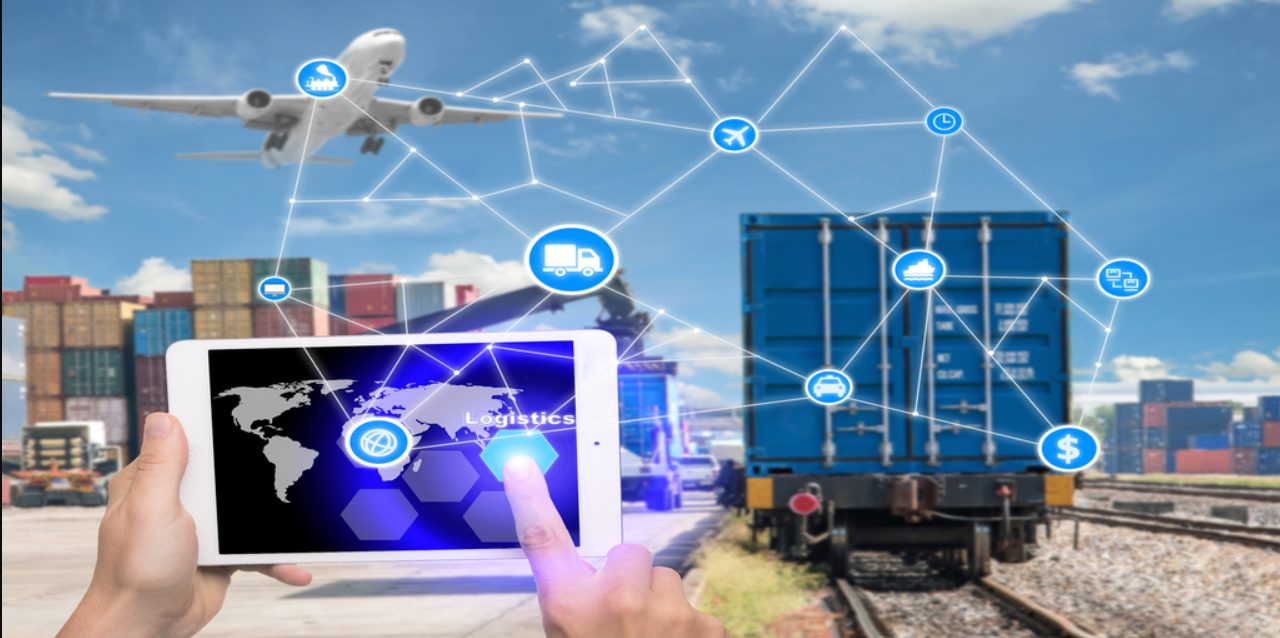Shipping operations have always been a logistical nightmare. Sending items to your customers has never been more difficult than it is today, with most people living in an apartment or condo building and no storage for their belongings. Here are some ways that you can use artificial intelligence to optimize your shipping process:
Artificial Intelligence and the Shipping Industry
Artificial intelligence (AI) is having a profound impact on the shipping industry. With the potential to revolutionize maritime operations and create significant value for businesses.
Maritime shipping is a complex and critical global industry, responsible for transporting over 90% of the world’s trade by volume. Yet, it is an industry that has been slow to adopt new technologies and has been lagging behind other sectors in digital transformation. This is starting to change, however, as the shipping industry begins to realize the potential of AI to optimize operations, improve efficiency and cut costs.
There are a number of areas where AI can be applied in shipping, from vessel navigation and route planning to cargo tracking and port management. In all these cases, AI can help reduce costs, improve efficiency and optimize operations.
For example, Artificial Intelligence used to plan vessel routes more efficiently, taking into account factors. Such as weather conditions, traffic congestion and port schedules. This can lead to significant time and cost savings by avoiding delays caused by unexpected events or disruptions.
AI can also be used to track cargo more effectively, providing real-time visibility of location and status. This information can be used to optimize logistics operations, ensuring that goods arrive at their destination on time and in good condition. You may use inventory management software for this as well.
Finally, AI can be employed in port management applications such as berth allocation and handling crane scheduling. By using AI to optimise these processes, ports can become more efficient and reduce container turnaround times.
Benefits of AI for eCommerce Fulfillment Operations
Artificial intelligence can bring many benefits to eCommerce fulfillment operations. Including increased efficiency, lower costs, and improved customer satisfaction.
In terms of efficiency, AI can help to automate various aspects of the shipping process, from order processing and packing to shipping labels and tracking. This can free up time for employees to focus on other tasks, or even allow for smaller fulfillment teams. In addition, AI-powered robots can be used for tasks like sorting and picking orders, which can further increase efficiency.
Lower costs are another potential benefit of AI for eCommerce fulfillment. For example, using Artificial Intelligence to automate order processing can help to reduce labor costs. In addition, AI-powered robots can often work faster and more accurately than humans, which can lead to fewer errors and less wasted material.
Finally, improved customer satisfaction is another benefit that can be gained from using AI in eCommerce fulfillment operations. By automating order processing and tracking, customers can receive their orders more quickly and with fewer problems. In addition, providing customers with real-time updates on the status of their orders can help to improve satisfaction levels even further.
How to Use Artificial Intelligence in Your Shipping Operation?
In order to take advantage of artificial intelligence in your shipping operation, you should consider the following:
- Collect data about your current shipping operation. This data can include information about your customers, orders, packaging, and delivery.
- Use this data to create a model of your shipping operation. This model can be used to simulate different scenarios and test different AI algorithms.
- Select an AI algorithm that is well suited for your shipping operation. There are many different AI algorithms available, so it is important to select one that will be effective for your specific needs.
- Implement the AI algorithm in your shipping operation. This implementation can be done through software or hardware solutions.
- Monitor the results of using AI in your shipping operation. This monitoring can help you fine-tune the AI algorithm and make sure it is continuing to work well for your business.
Conclusion
AI can help you optimize your shipping operations in a number of ways, from reducing costs to increasing efficiency. If you’re not already using AI in your business, now is the time to start investigating how it can help you streamline your shipping process and improve your bottom line.
When it comes to business, efficiency is key. And there’s no denying that artificial intelligence (AI) has the potential to revolutionize the way we do business. After all, AI is all about automating tasks and processes to improve efficiency.




